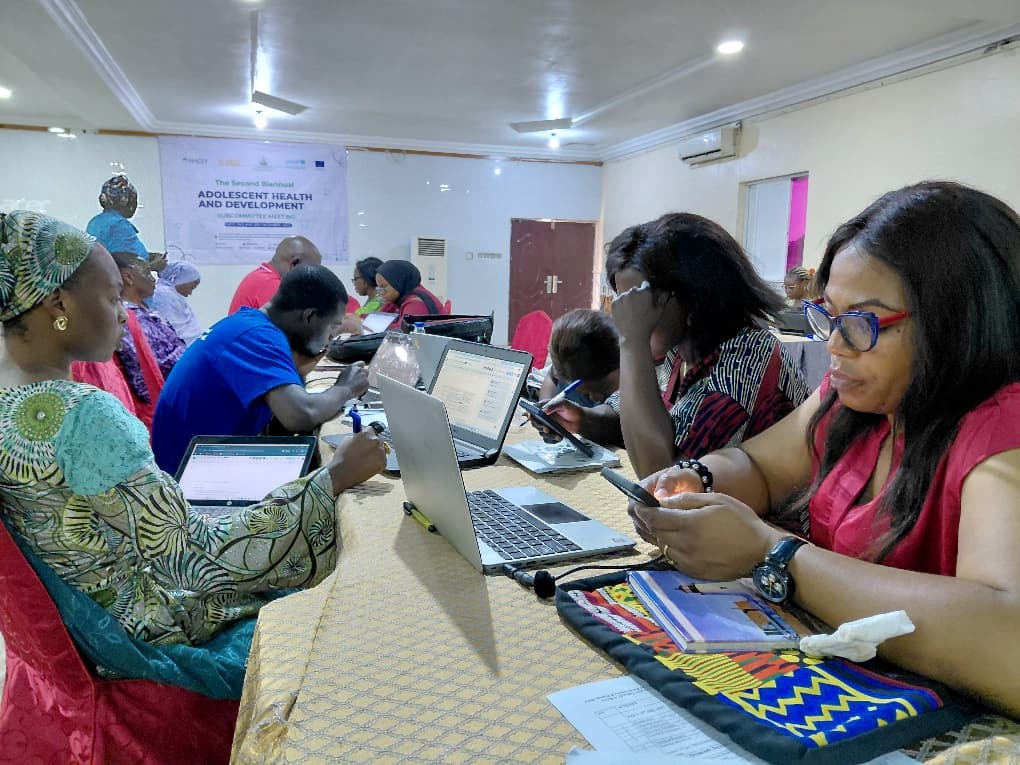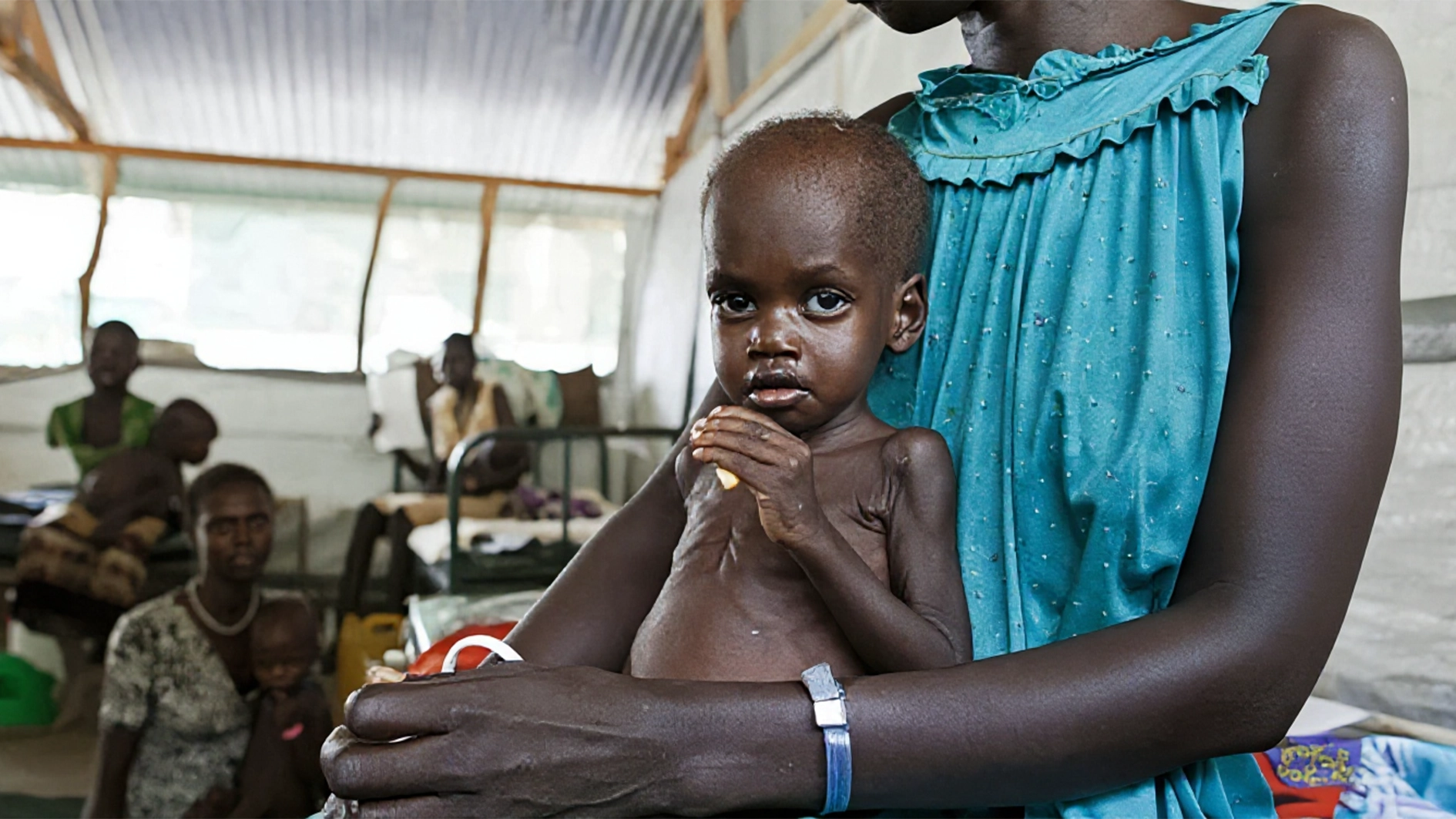
Fifty-six Federal health Institutions (FHIs) and teaching hospitals in Nigeria are owing pharmaceutical firms N30 billion in 2023.
President, Pharmaceutical Society of Nigeria (PSN), yesterday, at 96th Annual National Conference, in Gombe, Gombe State, tagged Jewel City 2023, Prof. Cyril Usifoh, said one of the salient fallouts of the old essential drug decree 43 of 1989 now the essential drug act cap 252 LFN in 2004 is the creation of the drug revolving fund (DRF) scheme was designed to deal with the challenges of the perennial out-of-stock syndrome or drugs in public health institutions. The DRF manual was designed to achieve a successful scheme.
Usifoh said the DRF scheme was working very well from its inception until the different hospital management began to mutilate the original configuration of the DRF manual. Ge said a fundamental provision of the DRF manual was a compelling need to designate a pharmacist preferably the Head of Department (HOD) pharmacy as the project manager and a compulsory signatory in the DRF scheme. The professor of pharmaceutical chemistry said the name of the scheme suggests any diversion of the proceeds of the DRF ultimately leads to financial decapitation and collapse of the scheme.
Usifoh said: “To buttress the fact that a well-run DRF tackles the menace of this out-of-stock syndrome in public pharmacy department, DRF scheme of the National Orthopedic Hospital Igbobi (NOHI), which was the flagship over a decade ago give birth to a pharmacy house worth over 300 million in 2014 without a collapse of the DRF program because the management of the hospital at the time gave to the much-needed cooperation.
“The militating bane of collapse of DRF schemes in the various FHIs at federal level and that states and Local Government Area (LGA) levels remains the unfortunate reality that the DRF proceeds were diverted to other endeavours apart from drugs contrary to the provisions in the DRF Manuals.
“As it stands today the 56 FHIs owe the pharmaceutical industry a staggering 18 billion naira as of 2021 and now 30 billion naira in 2023 and this a major reason the companies are no longer interested in supplying debtors which unfortunately are the government hospitals.
In 2021, the PSN and Joint Health Sector Union (JOHESU) drew the attention of the Federal Ministry of Health to the problems of collapsing DRF schemes including the gargantuan distortion witnessed at NOH Igbobi, which was the national benchmark for the DRF.
“We called for a probe of the NOHI affair as well as clamored for a special retreat to resuscitate DRF by bringing together the HOD, pharmacies and physicians/ CEOs of all the FHIs.
“The Federal Ministry of Health agreed to the request to probe the misnomers at NOH Igbobi while also accepting the concept of the retreat proposed by the PSN.
“As frequently witnessed with government policy somersaults have ensured the PSN/JOHESU requests were not adhered to by the immediate past leadership of the Federal Ministry of Health.”
Usifoh said, in the new order, the PSN demands with a huge sense of responsibility that the DRF retreats proposed in 2021 should still hold. He said the PSN also solicits legislative action to back the implementation of sustainable DRF scheme as the minimum benchmark that compels availability of essential drugs in all public pharmacy departments.
Usifoh called for infusing renewed energy into pharmacy education for an impactful future.
“As far back as 1999, the PSN at its AGM in Enugu, approved the Doctor of Pharmacy, as the minimal registrable degree to practice pharmacy in Nigeria. After years of vicissitude, oscillations, and vacillations from 2008 to 2015 by the leadership of PSN, the stage was set for a former approval of the Doctor of Pharmacy curriculum by the National University Commission in late 2015,” Usifoh said.
He said it is a poor testimonial that many of Nigerian Universities have not commenced the implementation of the Doctor of Pharmacy programme in Nigeria.
He said for pharmacists in the civil service, it makes a huge mess of the efforts of PSN and its other strategic partners who have achieved enhanced entry levels, call duty and other allowances for holders of Doctor of Pharmacy as endorsed in existing circulars.
Usifoh said the yearly general meeting at this conference must empower the PCN to probably withhold accreditation to facilities of Faculties of Pharmacy that refused to commence the Doctor of Pharmacy programme.
He said the PCN when reconstituted will go ahead to set a realistic timeline to insist on PharmD as the minimum registrable qualification to practice pharmacy in Nigeria.






